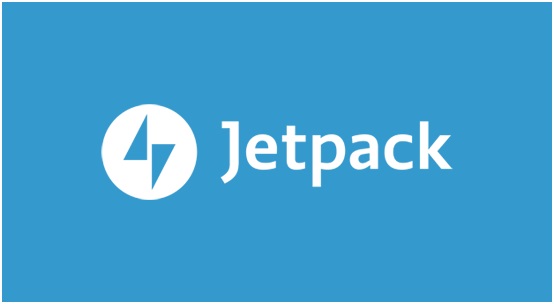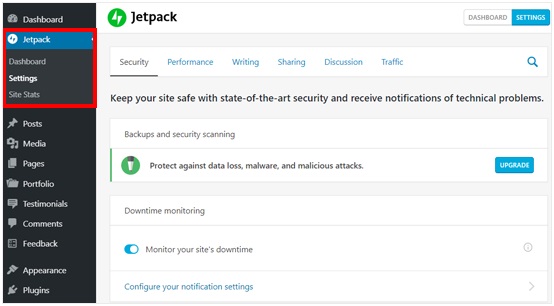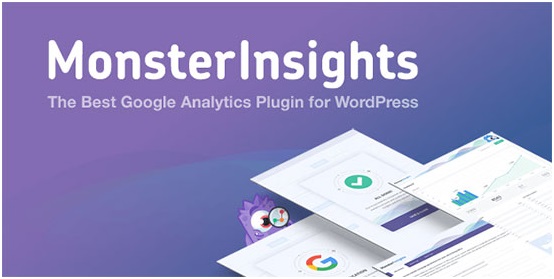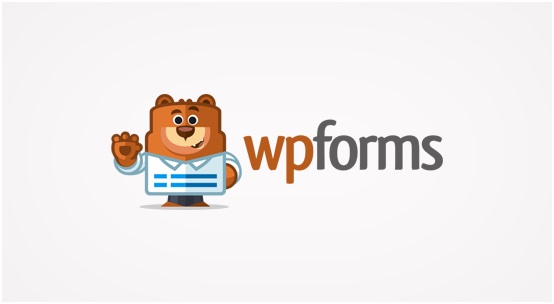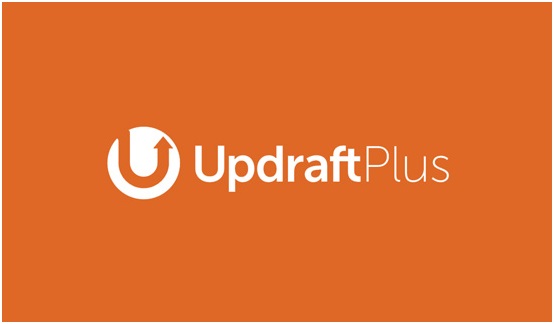Knowing the difference between a WordPress.com and a WordPress.org is crucial in making the right decision when choosing a WordPress site building system provider. By knowing their difference, you can easily make the right WordPress hosting needs of your WordPress Blog.
The difference between WordPress.org and WordPress.com is from the difference in the hosting. Your website is either a self-hosted or a hosted site.
Self-Hosted Sites
Self-hosting means you have access and control over all your website files and codes. You have your unique domain, which is hosted by one of the many web hosting providers. The hosting providers offer server space for self-hosted sites. You can make changes to your website by customizing and changing any functions.
Hosted Sites
These sites use space offered by a hosting company. The sites provide a full solution for anyone who does not want to deal with design, technical, and maintenance issues. A WordPress Blog is set up through the WordPress.com hosting platform. The platform is run on WordPress software.
After switching to your self-hosted website, some features may not be available in the new interface. Some of the features you might miss from your interface include stats and widgets. There is an easy way of recovering these features in your self-hosted WordPress blog.
How to Add WordPress.com Features to a Self-Hosting site
WordPress makes it easy to switch from WordPress.com to WordPress.org. By starting with a WordPress.com site, you get used to the features provided. After switching, you can have the same features on your self-hosted website.
Though WordPress.org doesn’t offer inbuilt features, you can add them to the website using a plugin provided for WordPress support. Ease in the transition process is why most people convert their WordPress blogs.
Jetpack
Can you transfer all the features on your free site to your self-hosting website? There is a plugin called Jetpack that makes it possible to assign the features between the two websites.
The plugin offers the most similar features from the WordPress.com site to the new WordPress.org site. Jetpack combines all useful features into one plugin.
Jetpack Features
Performance: It speeds up the load time of images and files on your site.
Security: It makes it secure by monitoring and offers a backup option and safety from brute force attacks
Writing and content: it’s possible to edit everything on the pages of your website.
Social sharing: Jetpack offers the option to share your content to social media platforms by using the share buttons.
Jetpack is offered free, with only a few features that you need to purchase. By simply installing the plugin, you get access to the same features you had on the hosted WordPress blog. Below are other ways to unlock more powerful features on your self-hosted website.
Unlock Powerful Analytics Using Monster Insights
Jetpack offers website stats feature. Google Analytics is the leader in providing analytics. Google Analytics can be joined with Jetpack after subscribing to the Professional plan costing $299 annually. Monster Insights Lite plugin makes it possible to use Google Analytics on your self-hosted blog. The plugin is offered free.
Monster Insights also helps in connecting with other sites that have Google Analytics. It makes it possible to track advanced metrics.
Creating WordPress Forms using WP–Forms
The Jetpack feedback form feature is an easy way to create a contact form. It only lacks advanced options to make any changes or adding smart marketing features.
WP-Forms plugins solve the problem by making it possible to create forms with just simple clicks. If you need more powerful features on the way, then you have to acquire the Pro version. Using WP-forms, you can create any forms or surveys easily.
WordPress Security with Sucuri
Jetpack only offers limited protection like brute force attack protection. Once you upgrade, you get a malware scanning option. Sucuri plugin provides a robust security feature for self-hosted sites.
The protection offered by Sucuri includes security activity audits, remote malware scanning, blacklist, and file integrity monitoring.
Advanced SEO Features with Yoast SEO plugin
Jetpack only provides basic SEO features. Some of the elements in Jetpack include XML sitemaps and site verification. It would help if you upgraded to premium to access more useful SEO features. When on a self-hosted WordPress Blog, you can use the Yoast SEO plugin.
Some features offered by Yoast SEO include Meta description, Facebook and Twitter preview images, XML sitemaps, and site verification. If you want to have more powerful SEO capabilities, you have to purchase the paid version of the plugin.
Create Automatic Backups with Updraft Plus
Jetpack makes it possible to create daily automatic backups. The element is just accessible to paid clients. Using Updraft Plus, you can do automatic backups for free.
Akismet
Akismetenables spam filtering features for free. Jetpack only has the same function for paid users. To get the functionality on your self-hosted WordPress blog, install the Akismet plugin.
Adding Stylish Share Buttons with Shared Counts
Despite social share buttons being offered by default, they have limited styling options. Shared Counts plugin on a self-hosted WordPress blog provides social sharing buttons.
Shared Counts offers many styles to choose from. It also displays social share counts and the total share count feature. The plugin does not reduce your site’s loading speed.
There are a couple of features you can add to your self-hosted WordPress Blog. Some of the features you will need to buy to use. In case of any difficulty in transitioning, the WordPress Support team is available to guide you through the process.


